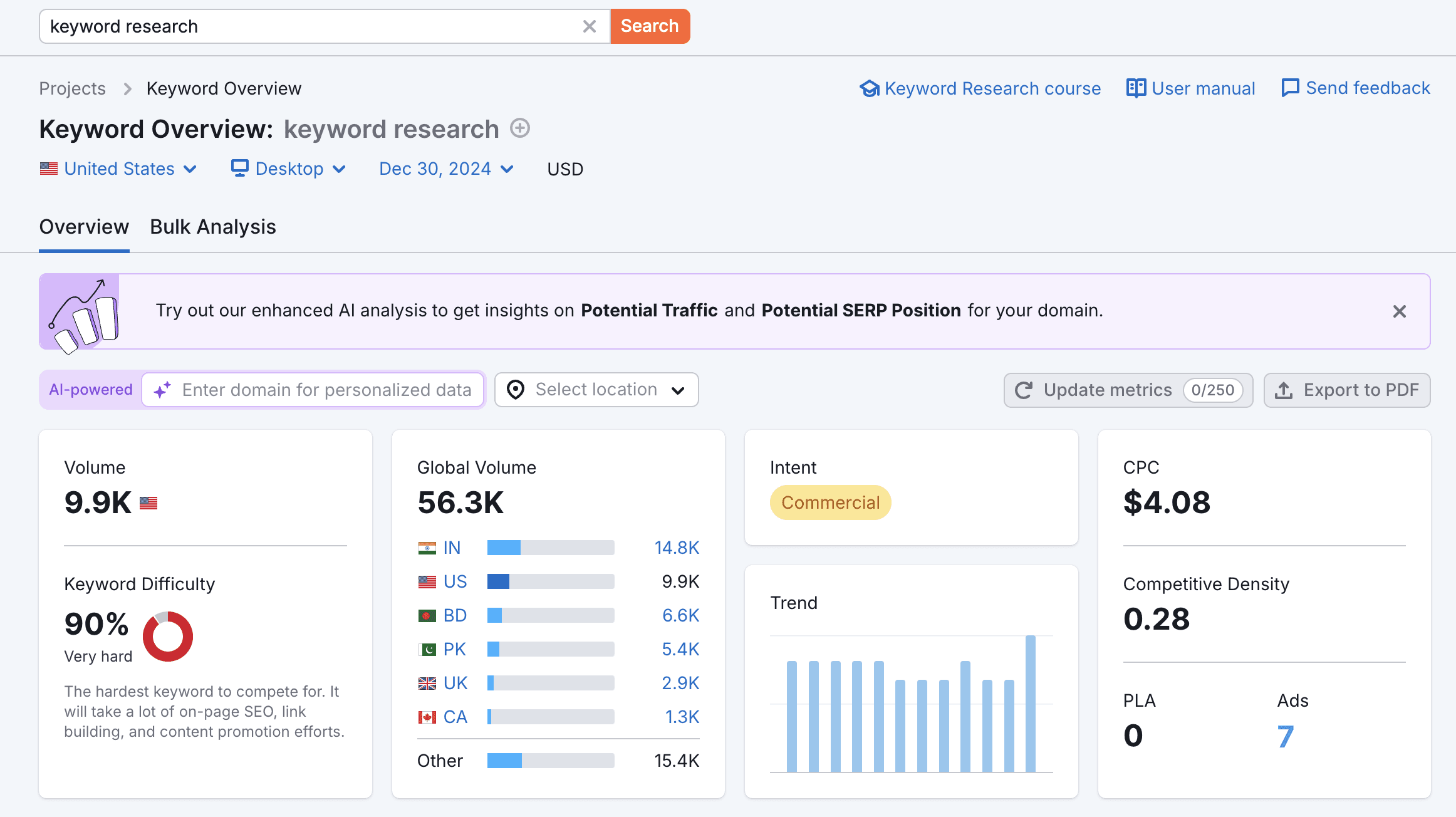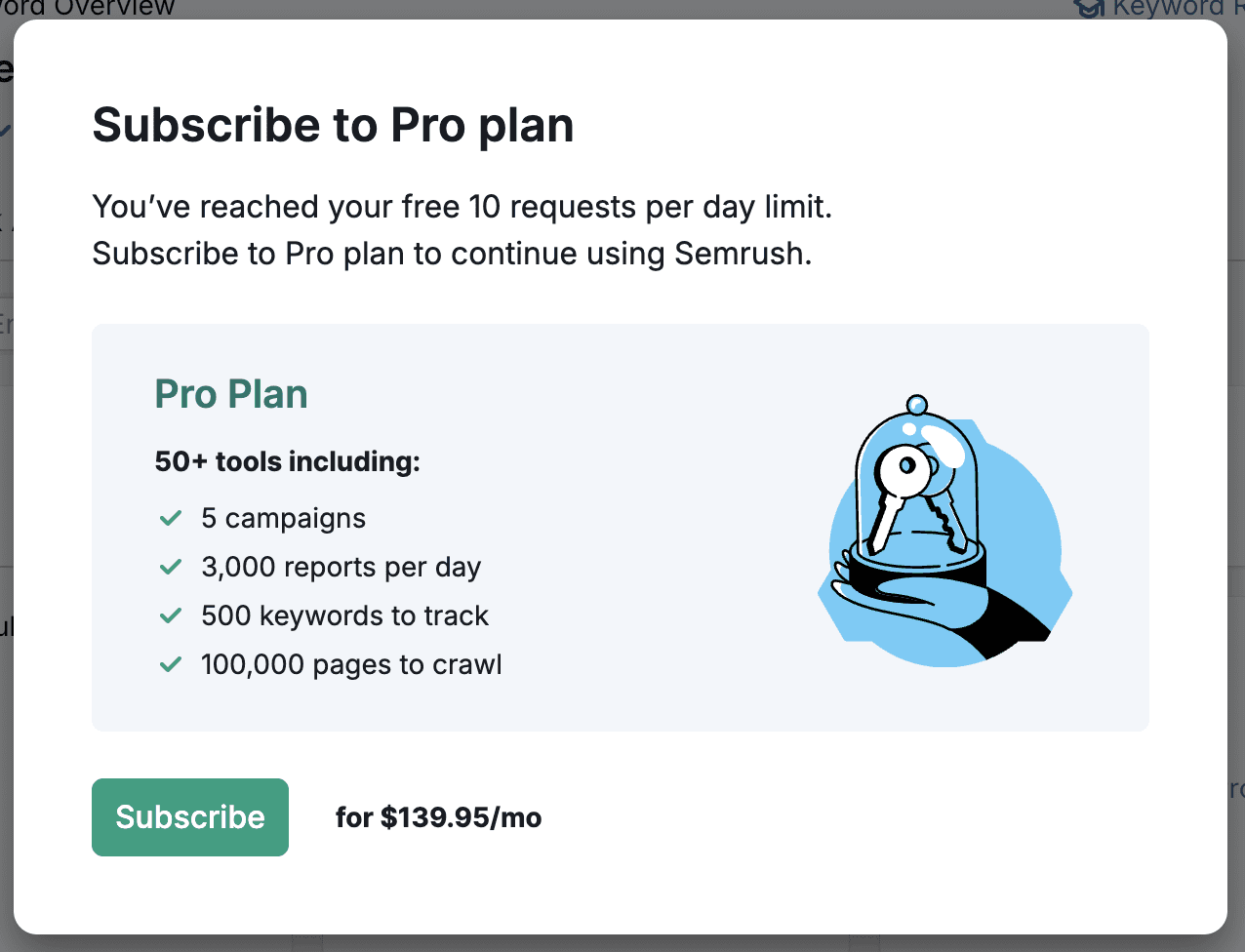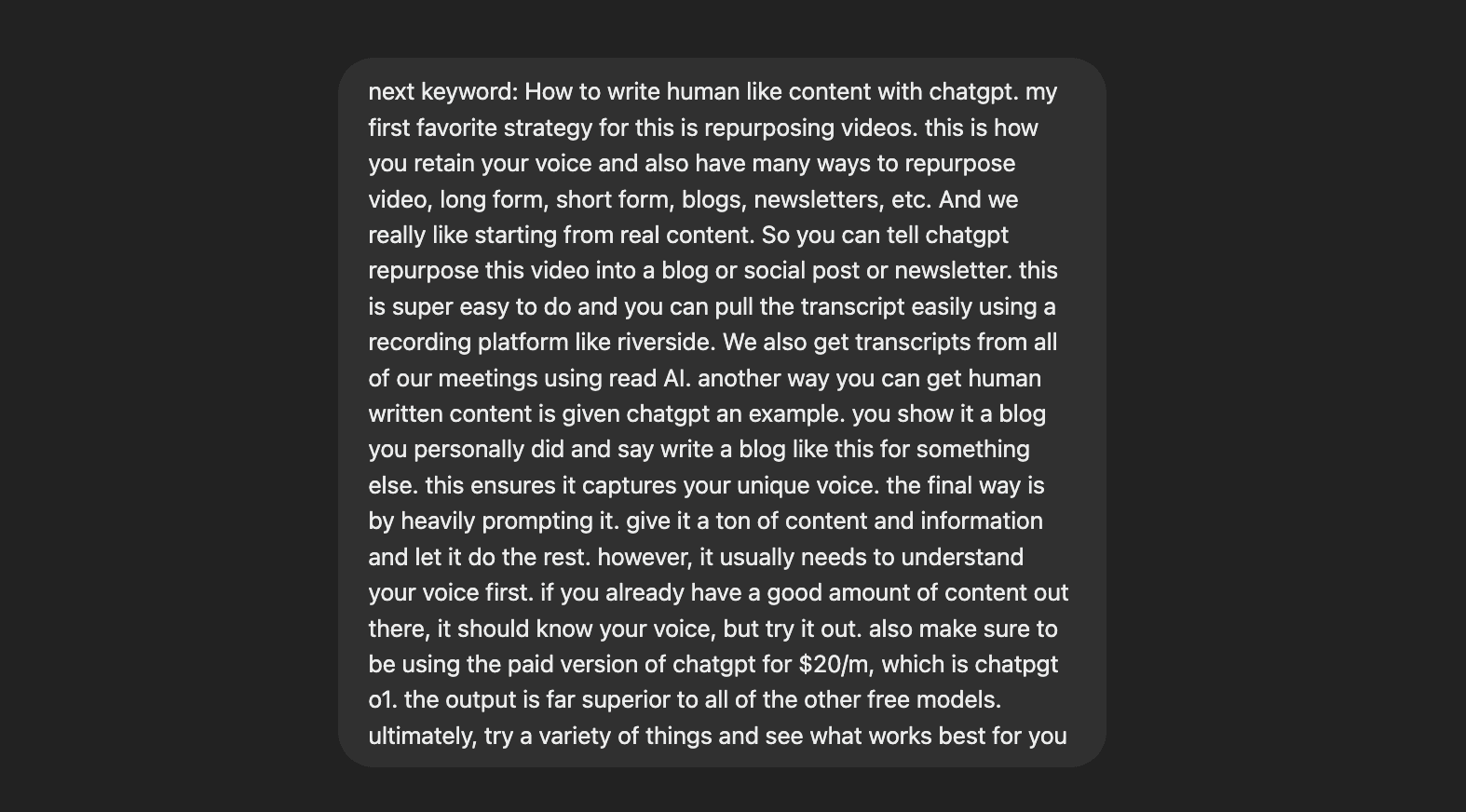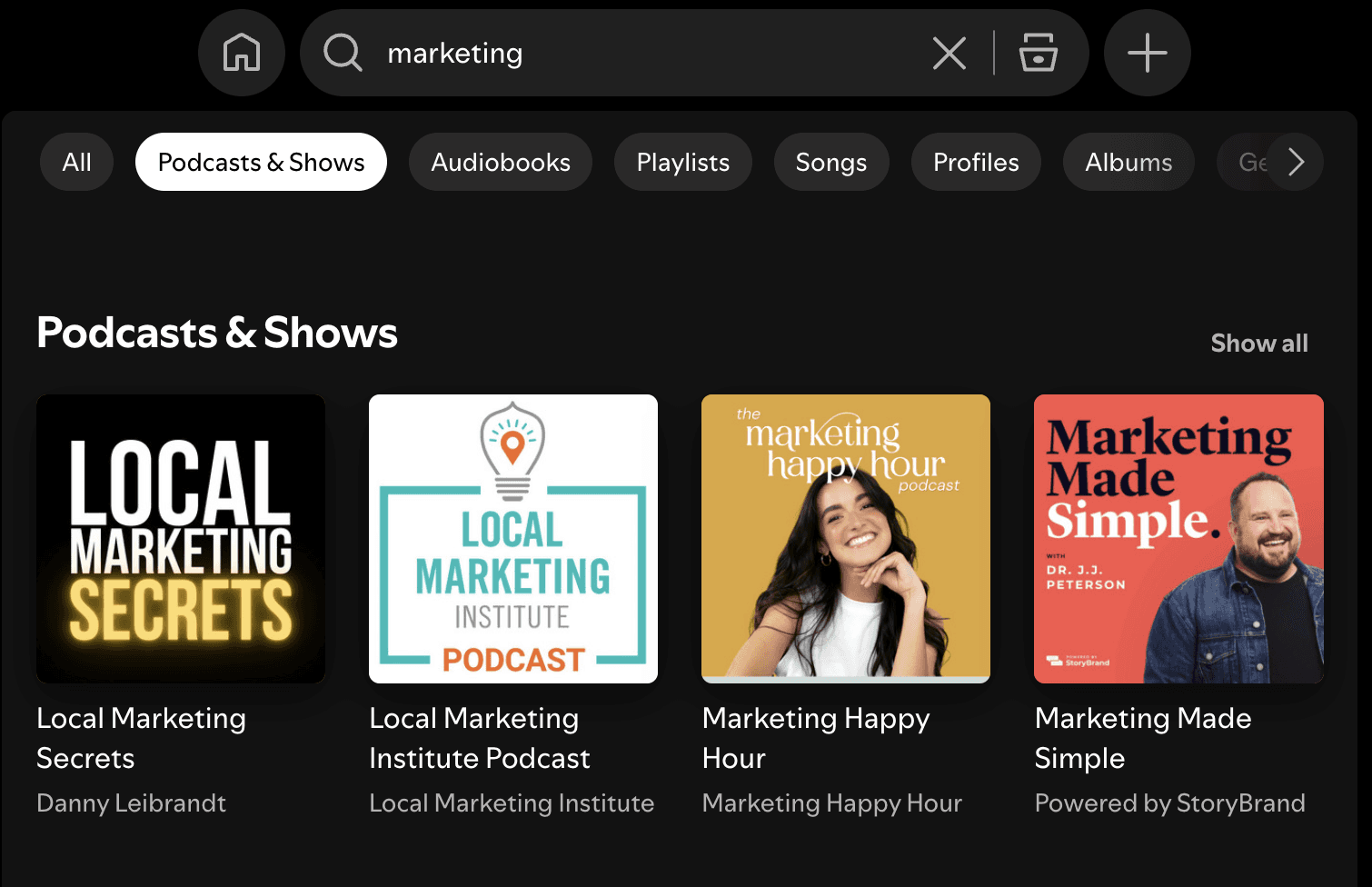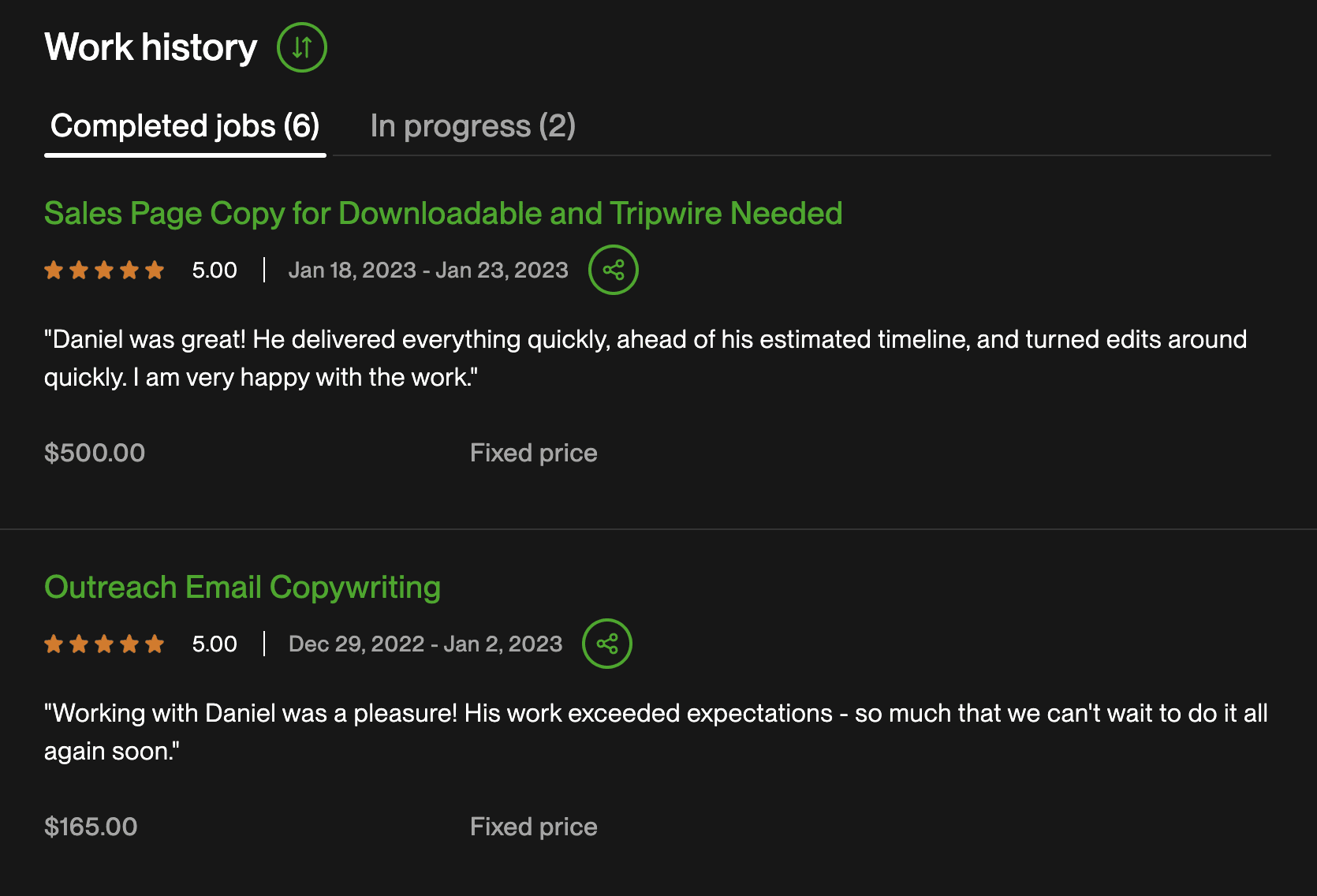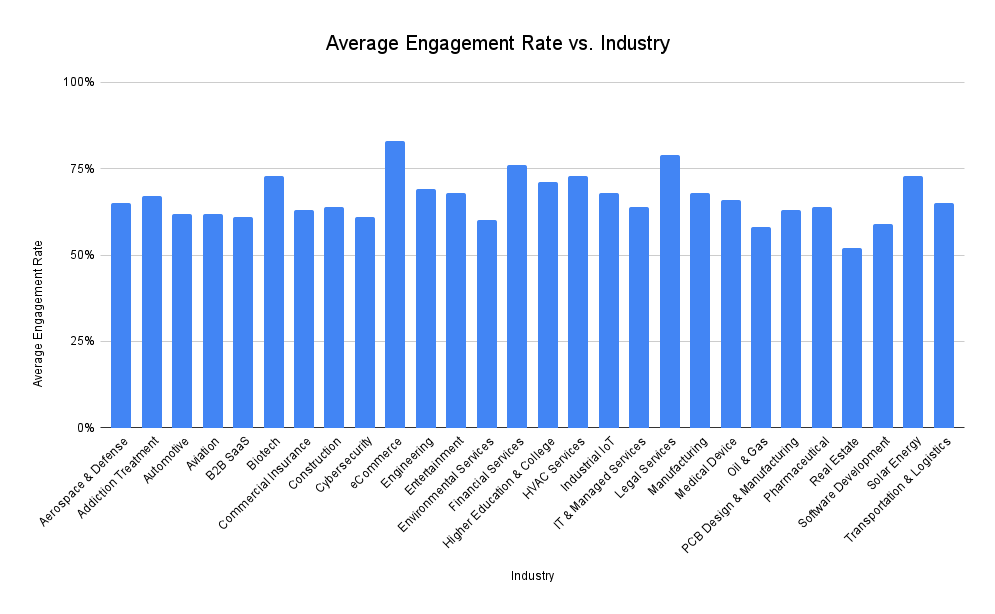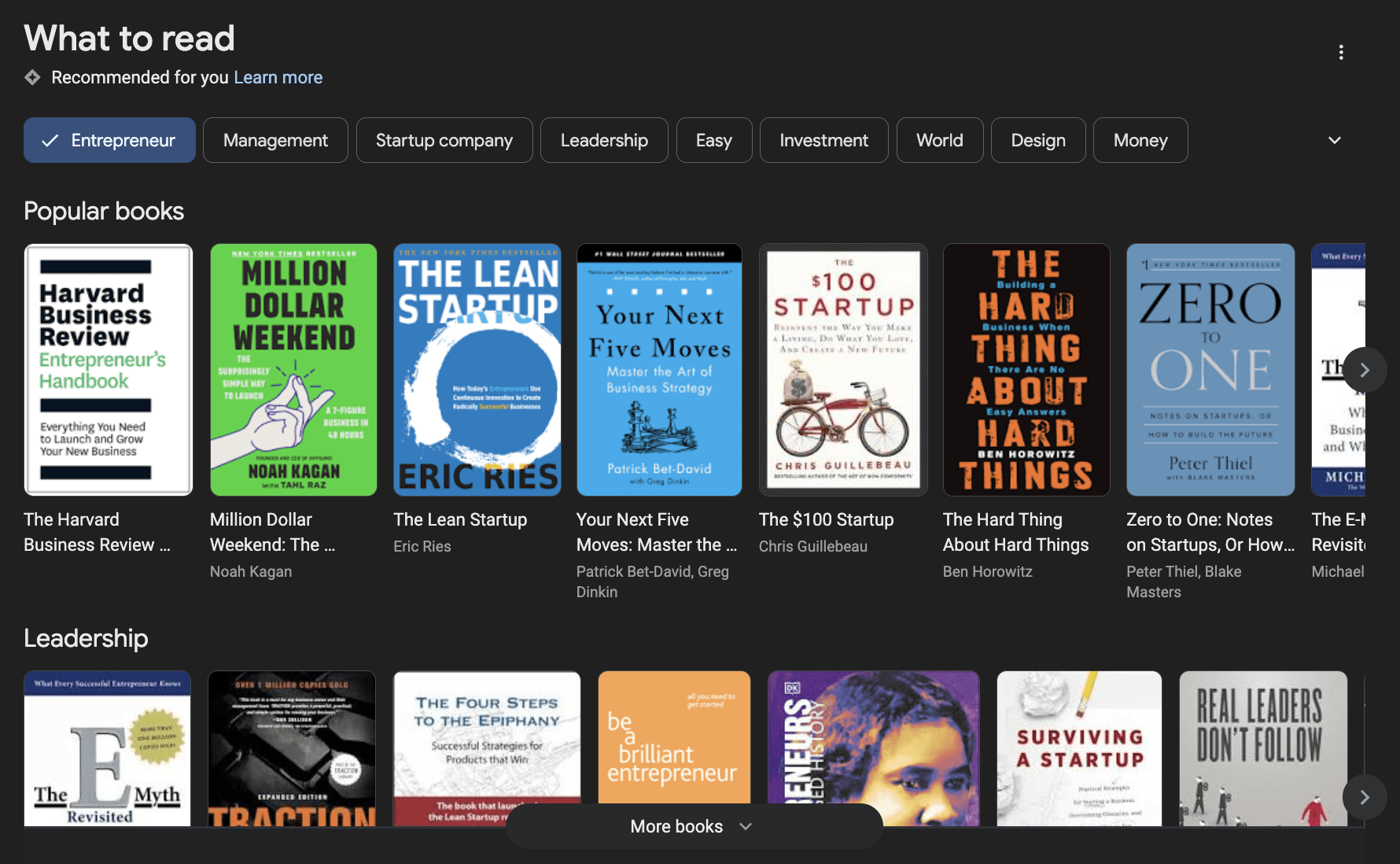SEO
Effective Keyword Research Techniques for Improved Organic SEO Traffic
Dec 12, 2024
Keyword research is the cornerstone of any successful SEO strategy. Whether you're running a personal blog, building a small business, or scaling a larger website, understanding how to find and use the right keywords can make a significant difference in driving organic traffic. Over the years, I’ve refined my approach to keyword research, and I want to share techniques anyone can use to improve their SEO performance.
/ / / / / / / /
1. Understand Your Target Audience
The foundation of effective keyword research starts with understanding who you’re trying to reach. Think about:
What problems your audience wants to solve.
The questions they might ask.
How they would phrase their search queries.
Example: If your audience is interested in fitness, they might search for “best beginner workout routines” or “how to build muscle at home.”
2. Use Keyword Research Tools
The right tools can simplify the process of finding high-value keywords. Here are some great options:
Google Keyword Planner: A classic tool for discovering search volumes and competition levels.
Ahrefs and SEMrush: Advanced tools for analyzing competitors and discovering keyword opportunities.
AnswerThePublic: Generates questions and phrases related to a topic.
Ubersuggest: Offers keyword suggestions, search trends, and SEO difficulty scores.
Pro Tip: Use a combination of tools to cross-check data and identify patterns.
3. Focus on Long-Tail Keywords
Long-tail keywords are longer, more specific phrases that are easier to rank for and tend to attract more relevant traffic. For instance:
Instead of targeting “workout plans,” try “free 30-day workout plans for beginners.”
Why It Matters: Long-tail keywords align closely with user intent, making it more likely that your content will match what people are searching for.
4. Analyze Competitor Keywords
One of the fastest ways to find effective keywords is by analyzing what your competitors are already ranking for. Tools like SEMrush or Ahrefs allow you to explore their keyword strategies.
Example: If a competitor is ranking for “budget-friendly travel tips,” you can create content that expands on or improves this topic.
5. Understand Search Intent
Every keyword represents a user’s intent, which typically falls into these categories:
Informational: “How to grow succulents indoors.”
Navigational: “Amazon login page.”
Transactional: “Buy running shoes online.”
Prioritize keywords that align with the type of content you’re creating and the action you want users to take.
6. Leverage Questions and Natural Language
People often search in the form of questions or conversational phrases. Tools like AnswerThePublic or Google’s “People Also Ask” feature can uncover valuable queries to target.
Example: If you’re in the tech niche, a question like “How do I speed up my Wi-Fi?” can inspire a helpful blog post.
7. Group Keywords into Clusters
Instead of targeting individual keywords, group related keywords into topic clusters. This helps you create comprehensive content and improves your site’s authority on specific subjects.
Example of a Cluster:
Main Topic: “Healthy Eating”
Keywords: “easy healthy recipes,” “meal prepping for beginners,” “benefits of a balanced diet.”
8. Optimize for Local SEO (If Relevant)
If your content has a local focus, incorporating location-based keywords is essential. Phrases like “best coffee shops in Seattle” or “yoga classes near me” can help attract a local audience. Overall, using near me in SEO is always a smart move for local businesses.
9. Use Google Trends to Spot Opportunities
Google Trends can show you how interest in specific keywords changes over time. It’s a great way to identify seasonal trends or growing topics.
Example: A search for “pumpkin recipes” will show a spike in the fall, so you can plan timely content around that trend.
10. Regularly Update Your Keyword Strategy
SEO isn’t static—search behaviors and algorithms change. Periodically revisit your keyword list to ensure it’s still relevant and adjust based on new data or trends.
Final Thoughts
Effective keyword research is about more than just finding popular phrases—it’s about understanding your audience, targeting their intent, and creating content that answers their needs. Whether you’re a beginner or a seasoned marketer, these techniques will help you drive more organic traffic and achieve your goals.
The key to success is consistency. Keep learning, testing, and refining your strategy. With the right keywords, your content can reach the audience it deserves.
Latest
More Blogs By Danny Leibrandt
Get the latest insights on business, digital marketing, and entrepreneurship from Danny Leibrandt.

